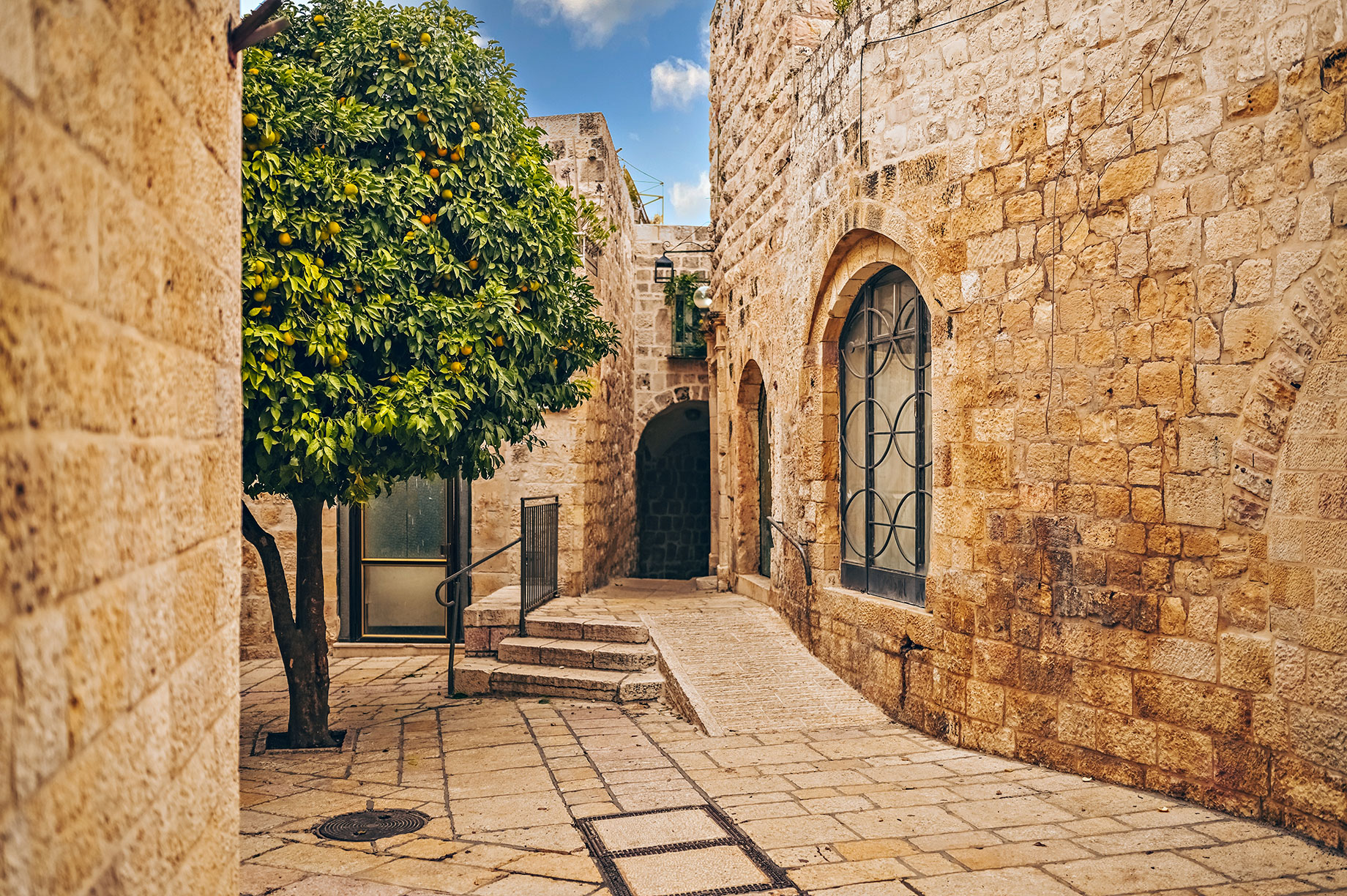
Jerusalem, one of the world’s oldest and most revered cities, continues to attract global attention—not just for its spiritual and cultural significance, but also for its growing real estate market. “Jerusalem properties” is a keyword that resonates with a wide audience, from foreign investors and diaspora Jews to local residents seeking to own a piece of this timeless city. The unique combination of historical legacy, modern development, and high demand makes Jerusalem a key focal point for property seekers in 2025.
Why Jerusalem Real Estate is in Demand
Jerusalem’s property market is unlike any other in Israel or the world. It is driven not only by supply and demand but also by sentiment, tradition, and international interest. The city draws people from all over the globe, including North America, Europe, and the Middle East, who are interested in buying second homes, holiday apartments, or long-term investments.
The demand for Jerusalem properties has consistently remained high for several reasons:
- Religious Importance: As a central location for Judaism, Christianity, and Islam, Jerusalem remains spiritually significant. Owning a property here carries emotional and religious value, especially for diaspora communities.
- Academic and Cultural Centers: The city is home to several prestigious institutions, such as the Hebrew University, the Israel Museum, and many historical archives. This adds to the appeal for students, academics, and culture lovers.
- Tourism and Short-Term Rentals: With millions of tourists visiting Jerusalem annually, owning a rental property in key neighborhoods can be highly profitable.
Popular Neighborhoods for Buying Property in Jerusalem
Understanding the geography and character of different neighborhoods is crucial when exploring Jerusalem properties.
1. Rehavia
Rehavia is an upscale and central neighborhood known for its leafy streets, historical buildings, and proximity to the city center. Properties here are highly sought after by diplomats, academics, and older Jerusalemite families.
2. German Colony
This charming area is famous for its unique architecture, trendy cafes, and international community. The German Colony has a mix of older stone houses and new luxury apartments, making it a diverse investment spot.
3. Katamon
Popular with Anglo immigrants and young families, Katamon offers a suburban feel with easy access to schools, parks, and synagogues. The mix of renovated buildings and new developments attracts both homeowners and investors.
4. City Center and Mamilla
For those who want to be in the heart of the action, Jerusalem’s City Center and Mamilla are prime choices. These areas offer luxury residences, shopping malls, and proximity to the Old City. Prices here tend to be higher due to demand and central location.
Types of Jerusalem Properties
Whether you’re looking for a heritage property, a modern apartment, or a commercial investment, Jerusalem offers a wide array of real estate options.
- Heritage Buildings: Many older neighborhoods boast historic stone houses with unique architecture. These buildings often require renovation but offer charm and authenticity.
- New Developments: Modern apartment complexes with amenities like parking, elevators, and gyms are increasingly available, particularly in growing neighborhoods like Arnona and Baka.
- Luxury Residences: Projects like King David Residence and Waldorf Astoria Residences offer high-end living for wealthy investors and international buyers.
Price Trends and Market Outlook
The real estate market in Jerusalem is known for its resilience. Even during global economic downturns, property values in the city have remained relatively stable or continued to rise, especially in premium locations. As of 2025, the average price per square meter in central Jerusalem ranges from 35,000 to 60,000 NIS, depending on location and condition.
There is also a growing trend of foreign investors purchasing properties in anticipation of retirement or for children studying in Israel. Additionally, Aliyah (Jewish immigration to Israel) continues to boost residential demand.
The recent government focus on urban renewal and infrastructure development is likely to stimulate further growth. Light rail expansion, public transportation upgrades, and new zoning laws are creating new opportunities in underdeveloped areas of the city.
Legal Considerations for Foreign Buyers
Buying property in Jerusalem involves legal procedures that can be complex, especially for foreign nationals. Here are some important points to consider:
- Ownership Laws: Most land in Israel is state-owned and leased for 49 or 98 years. However, the lease is renewable, and the rights are similar to ownership.
- Legal Assistance: Hiring a local real estate lawyer is essential for navigating the process, reviewing contracts, and ensuring clear title and zoning compliance.
- Taxation: Buyers should be aware of purchase tax (Mas Rechisha) and potential capital gains tax when selling. Tax rates vary depending on residency status and property value.
Final Thoughts
Jerusalem properties represent more than just a real estate investment—they are a gateway to one of the most spiritually, culturally, and historically rich cities on the planet. With a stable market, growing demand, and international appeal, real estate in Jerusalem offers a unique blend of long-term value and personal meaning.
Whether you’re buying a home for your family, seeking a profitable rental opportunity, or looking to preserve heritage in a sacred city, investing in Jerusalem real estate is a decision that carries both emotional and financial rewards. As the city continues to evolve while preserving its ancient roots, owning property in Jerusalem becomes not just a wise investment—but a timeless one.